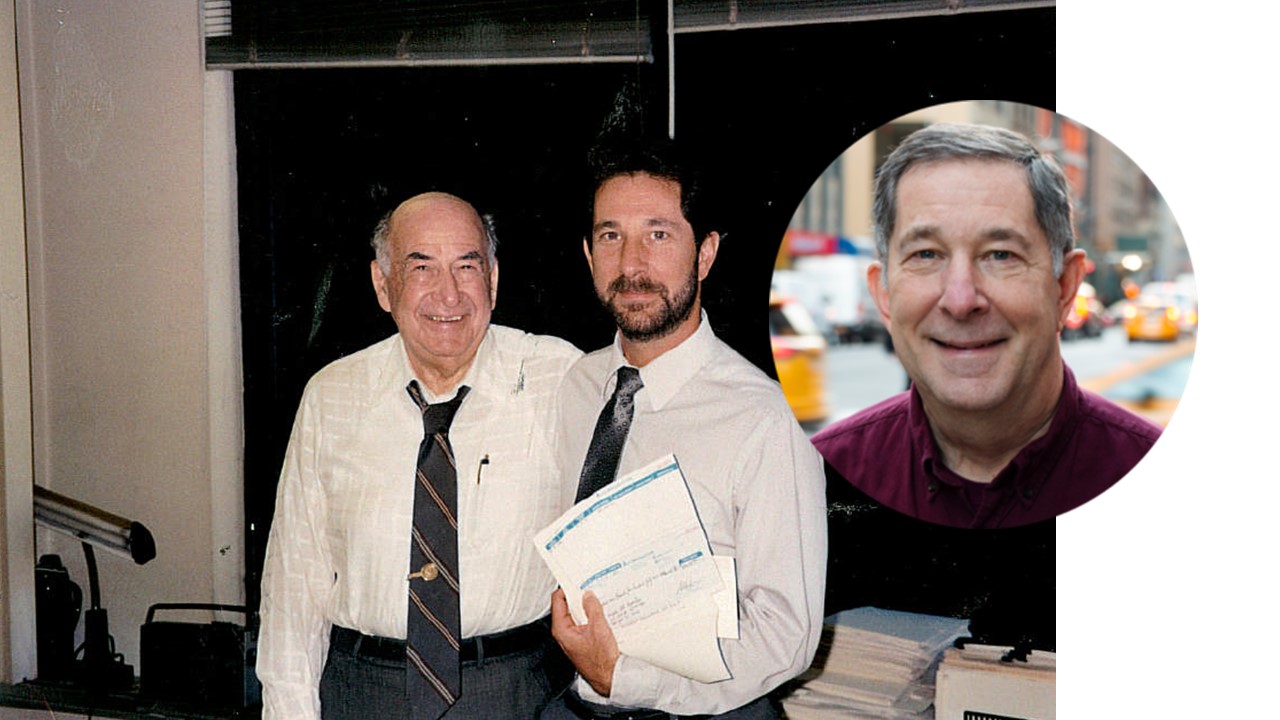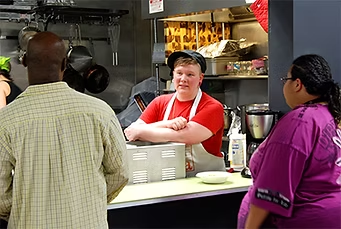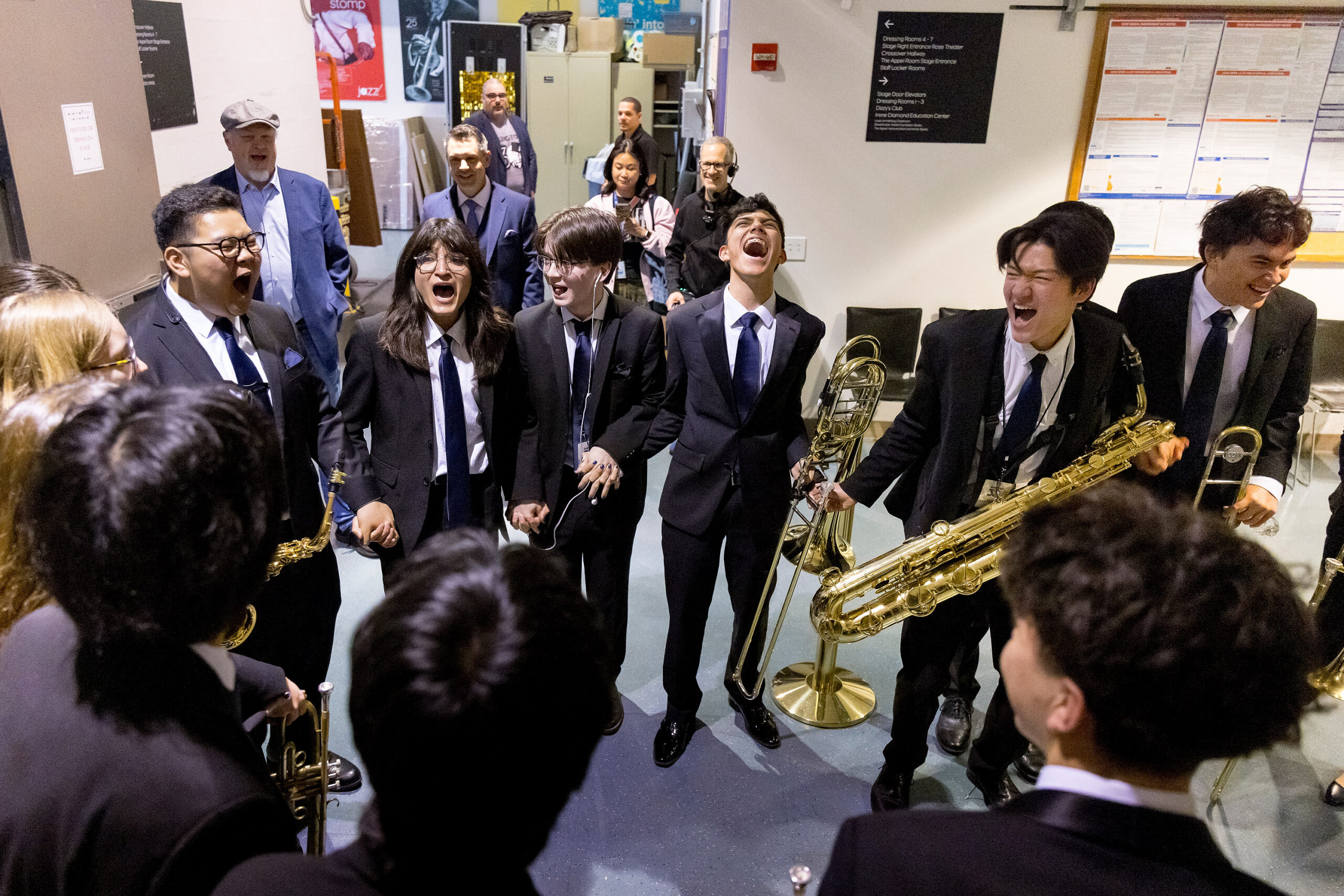A reflection by our outgoing Chief Legal Officer, Mark Cohen.
At the end of this year, I will retire from my role as FJC’s Chief Legal Officer, a position that has been the defining role of my 47-year legal career. I am well aware it’s no longer quite in fashion to spend one’s career at one company or organization. Young people in particular move around a lot. I may have stayed in one place, but because the job has been so interesting, varied, and challenging, I’ve never stood still.
I never expected to be the chief lawyer of a nonprofit, much less a foundation of donor advised funds. In 1977, shortly after I graduated from law school and had spent a year in a judicial clerkship, I landed a somewhat conventional corporate legal job at a company providing back-office services to Wall Street securities firms and government agencies. By 1984, that company started to have problems and eventually folded, and by happenstance I mentioned my plan to start looking for a new job with an old law school friend whose family became one of the founding donors that started FJC. Those founders offered me a job as an attorney in their commercial business in 1985. After FJC was formed in 1995, they began to invite me to FJC Board Meetings on a purely volunteer basis, where I dutifully took minutes and prepared resolutions. As my role with FJC evolved and deepened, one of the Board Members, a lawyer, noticed how much work I was doing and said, “You know, we should probably put Mark on the payroll, so the organization’s books reflect his time and effort.” And so in 2000, my formal role with FJC began.
I never expected to be the chief lawyer of a nonprofit, much less a foundation of donor advised funds.
From these modest and rather accidental beginnings, I could not have imagined how creative and all-encompassing my work with FJC would become, enough to fill a career.
From its early days, FJC was focused on innovative uses of philanthropic dollars, particularly investing donor funds in loans to nonprofits. Early on we provided bridge loans to nonprofits that were building group homes for adults with development disabilities. Following the expose by Geraldo Rivera about the notorious Willowbrook facility on Staten Island, New York State began shutting down large warehouse institutions with the intention of opening up smaller and more humane group homes that were better integrated into their communities. The challenge for our nonprofit partners was that capital funding from the state agency was only available on a reimbursement basis. The nonprofits essentially had to spend the money before they had it. These were some of the first bridge loans we made from our Agency Loan Fund, and we were able to facilitate dozens of new group homes.
I remember when FJC started the Agency Loan Fund, we required our donors to invest 10% of their account holdings in the loan pool. After all, we had no track record, and we weren’t sure they would invest their funds willingly. But after we began to have solid performance on our loan portfolio and the benefits to the nonprofit community became evident, it became a popular and unique offering, something that set us apart from some of the “plain vanilla” although sometimes larger DAF sponsors. I believed that those other DAF sponsors were more often interested in keeping their clients’ money captive than in benefiting the nonprofit community, which was one of FJC’s major reasons for existence.
In many respects working on the loan program was like working for a bank lending department. I had never done that. I began to feel like I was in a batter’s box with a pitching machine. The balls kept coming. We made loans to nonprofit theaters, museums, social service agencies, charter schools, and a lot of public television and radio stations. At last count, we have made over 350 loans of more than $370,000,000 to a wide variety of nonprofit organizations in furtherance of their missions. Donors began coming to us with their own ideas about nonprofits they wanted to finance with their DAF accounts, whether it was for bail funds, clean energy, or—just recently—refinancing the bonds used to finance the Lower East Side Tenement Museum. When some donors wanted us to make loans to organizations that couldn’t meet our credit standards, we came up with the customized loan program to allow donors to recommend the terms of the loans and treat them as investments in their DAFs.
Our fiscal sponsorship program has also really been a model of innovation. I can’t count the number of organizations that we fostered that went on to become nonprofits in their own right. Hopefully that spirit of innovation and expectation of trying to help the nonprofit community will continue.
The part of the job I love most: trying to come up with new solutions to new problems, to help nonprofit practitioners get the work done.
Working in the nonprofit sector, I’ve always been somewhat amazed and enamored of the fact that there are so many people who are truly devoted to enriching the lives of the underprivileged and underserved. Most people I work with have worked so hard and so long. Like me, many have been in their positions for decades. I’m fairly certain they could have made a lot more money in the private sector, but they are truly committed to their organizations and the communities they serve. Because of that, it’s always been a pleasure to see if we could help them along with their missions.
After so many years at FJC it’s hard to imagine being out of the day-to-day decision-making of the organization. It’s a tough personal choice to retire, but my wife and I want to devote more time to our grandchildren, and we want to travel more. But I’d love to stay involved. Otherwise, I’ll miss the thought-provoking part of the job I love the most: trying to come up with new solutions to new problems, to help nonprofit practitioners get the work done. That has always been a great pleasure, and the highlight of my career.




